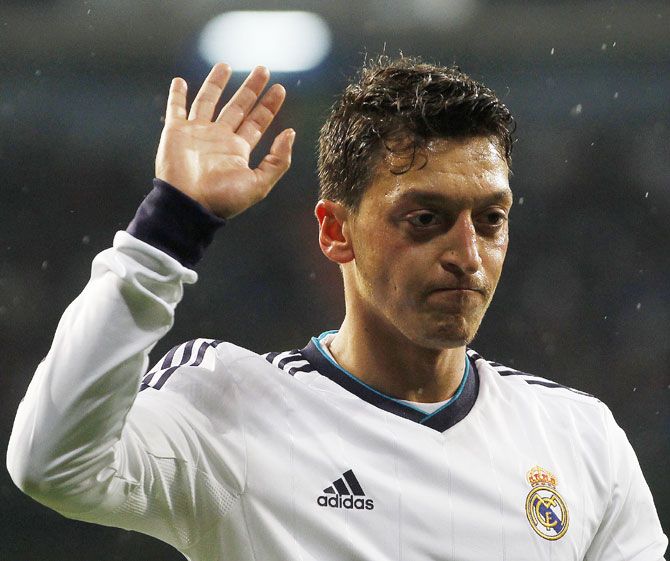
Thousands of Germans from ethnic minority backgrounds have shared their experiences of discrimination on social media, after soccer player Mesut Ozil quit the national team saying he faced 'racism and disrespect' because of his Turkish roots.
Many greeted Ozil's claims of racism with scepticism, prompting thousands of others to come forward with their own experiences, attempting to highlight a problem that people from majority communities rarely experience.
In a twist on the #MeToo hashtag used in the campaign against sexual harassment, #metwo became Twitter's top trending label in Berlin on Thursday as thousands of second-generation immigrants shared experiences of discrimination they suffered in daily life because of their ethnicity.
"Why 'two'? Because I am more than one identity," said Ali Can, a Turkish-German writer and activist, in a Facebook video that launched the campaign.
"I didn't think it would be that many," Can, 24, told Reuters, after the #metwo posts exploded on German Twitter, adding that it had needed a big event like Ozil's departure to spark a long-overdue debate on integration in Germany.
"It's an opportunity to talk about integration, and what it actually means to be German," he added.
While America is a "melting pot", he said: "Here, it's like a salad bowl: everyone is somehow mixed but next to each other. We hope that we'll be a bit more like America."
More than 22 percent of Germany's population have a foreign background but many migrants share Ozil's sentiment of being treated as "German when we win, immigrant when we lose," and that feeling has become stronger since the rise of the far-right Alternative for Germany (AfD) party, Can said.
The AfD has risen in popularity due to concerns about the influx of 1.6 million migrants since mid-2014.
Foreign Minister Heiko Maas said the #metwo tweets showed racism was a problem.
"It is impressive and painful how many people are speaking out here," Maas tweeted.
"We have to realize that it is the flippant talk at work or the despicable gesture in the train that can sometimes be more painful than the blatant slogans of half-naked people with bald heads," he said.













 © 2025
© 2025